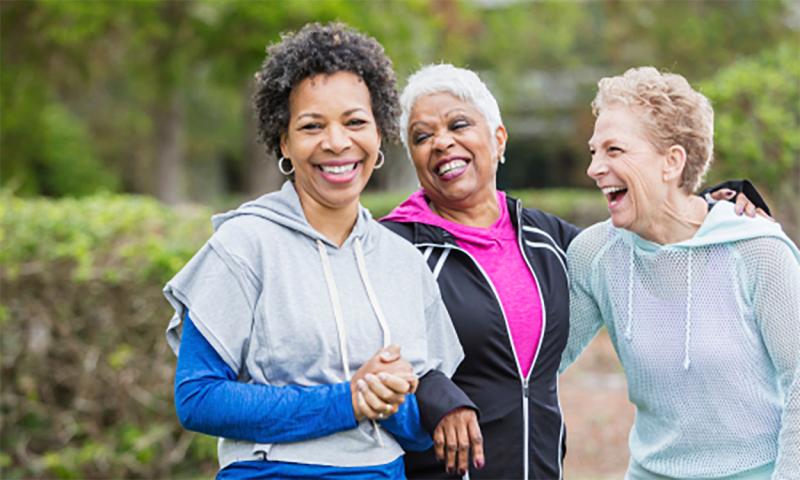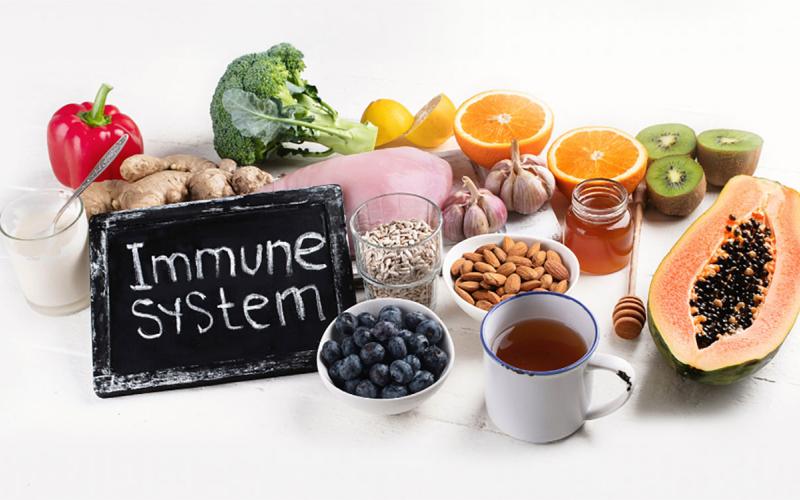
Volunteering isn’t just helping others, it’s a fantastic boost to your health too. Anyone can make a meaningful impact on your community. Every action, big or small, can contribute to positive change and benefit your well-being at the same time.
Research indicates that volunteering brings substantial health advantages, particularly for older adults. Here is how getting involved can make a difference.
Potential Benefits
- Enhanced Physical and Mental Health
Volunteering can keep both your mind and body healthy. Studies reveal that adults aged 60 and over who engage in volunteer activities enjoy improved physical health compared to non-volunteers. Volunteers also report lower rates of depression and anxiety, especially for those aged 65 and above. - Finding Purpose
Volunteers play a crucial role in everyday activities, finding purpose in contributing their time and talents to meaningful causes. This sense of purpose translates into increased life satisfaction and self-esteem, especially for older volunteers. - Cultivates Relationships
Engaging in volunteer work is an excellent way to make new friends and strengthen existing relationships through shared activities and interests. In many cases, volunteers have unique backgrounds, which helps expand their social network and allows them to practice their social skills with others who share a common goal.
References
- How Volunteering Can Help Your Mental Health, The Greater Good Science Center at the University of California, Berkeley.
- Helping people, changing lives: 3 health benefits of volunteering, Mayo Clinic Health System.


